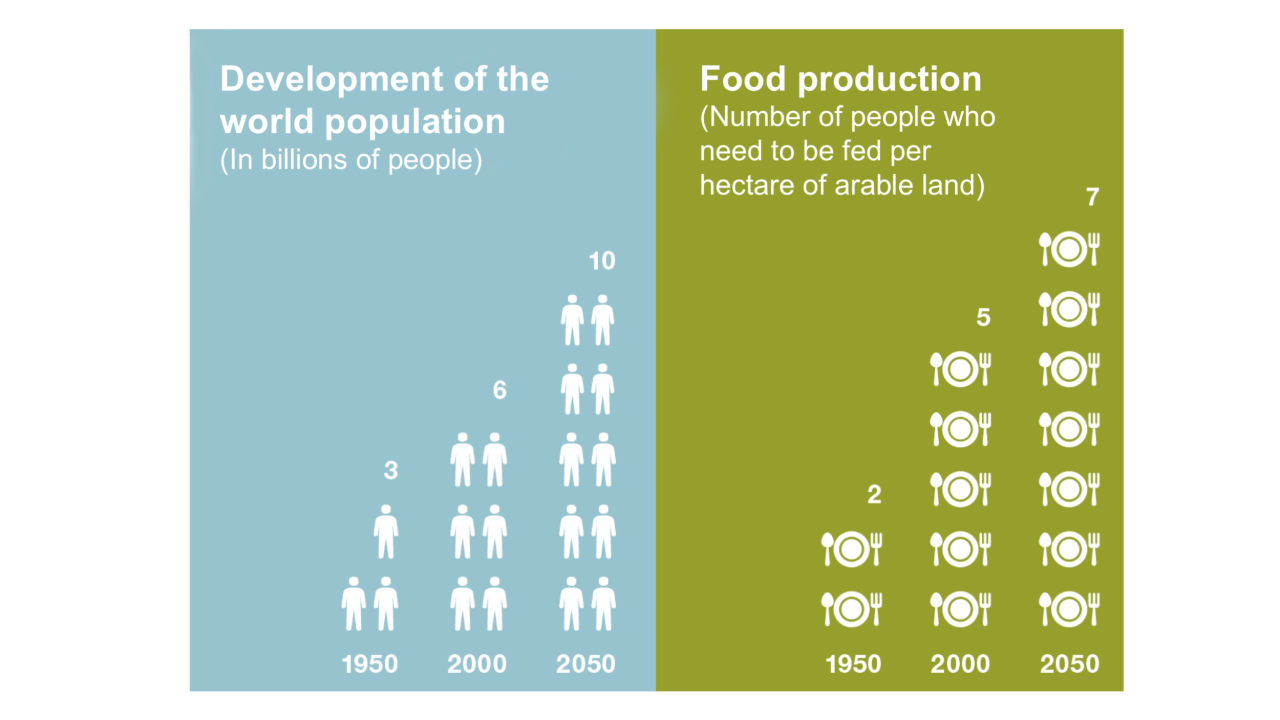At the Forefront of Ag Innovation
In the face of global challenges like climate change and population growth, the KWS Gateway Research Center (GRC) in St. Louis, Missouri, is at the forefront of agricultural innovation.
Specializing in genetic research, the GRC's focus on genome editing, stable plant transformation, and trait development has led to significant advancements towards crop resilience and adaptability.
Meet a Member of Our Team

„Our team celebrations are truly special — we take the time to genuinely acknowledge and celebrate each other's accomplishments and our collective successes.“
Find your next job on the job portal
Biology and plant breeding, seed and digitisation
The future of the agriculture is an exciting and complex topic. That is why we are constantly looking for people who look for a job with a purpose and that enjoy questioning the status quo.
go to job portal
About the Gateway Research Center
The Danforth Plant Science Center at BRDG Park is home to the KWS Gateway Research Center. Here, teams of scientists develop new technologies to support modern agriculture methods as farmers face the challenges of the 21st century: nutritious local food, sustainably sourced, with limited chemical or post-emergence applications. The Gateway Research Center is where science and farming intersect.
As global food needs increase due to growing populations and less arable farmland, KWS is meeting these challenges through scientific applications of breeding technologies. These technologies include Genome Editing (GE) technologies that modify plant genetic structure to combat pests, diseases, and climate changes. For example, insect resistance technologies provide specific, focused solutions to adapt plant genes to resist specific insects.
The KWS Gateway Research Center is proud to lead the scientific community through the development of new technologies that will aid farmers in meeting future food needs through improved, sustainable seeds, and seed technologies.
To learn more about KWS click here
Genome Editing: Boosting Crop Yields
As the global population develops further, more food will be needed per acre of arable land. How can genome editing help us? The stability and simplicity of use offered by New Breeding Technologies provides unique possibilities. New, high-yielding varieties specifically adapted to their environment are an outcome of gene editing.
Your contact




